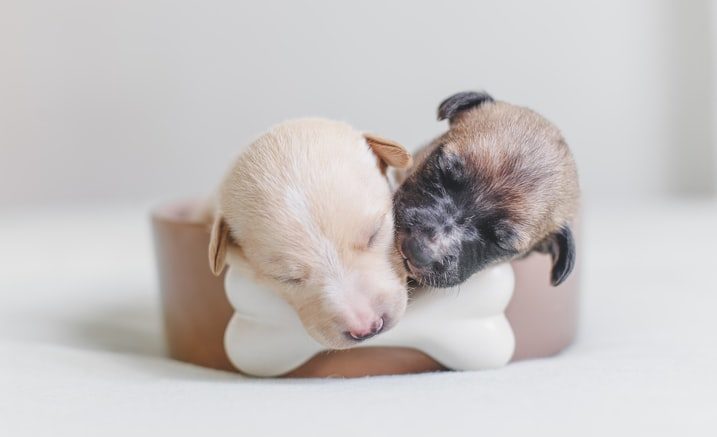Central Coast residents are being urged to be on the lookout for puppy related scams after a massive spike was noted by Scamwatch NSW.
According to Scamwatch’s April report, incidences of puppy scams were almost five times higher than the average, with losses on track to exceed the 2019 total of $360,000.
“A lot of people are stuck at home and going online to buy a pet to help them get through the loneliness of social isolation,” Australian Competition and Consumer Commission Deputy Chair, De-lia Rickard said.
“If a cute puppy offered online sounds too good to be true, it probably is.
“The rush to get a new pet and the unusual circumstances of COVID-19 makes it harder to work out what’s real or a scam.
“Scammers set up fake websites or ads on online classifieds and social media pretending to sell sought-after dog breeds and will take advantage of the fact that you can’t travel to meet the pup-py in person.
“The scammer will usually ask for up-front payments via money transfer to pay for the pet and transport it to you.
“Once you have paid the initial deposit, the scammer will find new ways to ask for more money and scammers are now using the COVID-19 pandemic to claim higher transportation costs to get across closed interstate borders or additional fees for ‘coronavirus treatments.
“Unfortunately, once you make the payments, the seller will cease all contact,” Rickard said.
Rickard said the most common breeds reported were Cavoodles and French Bulldogs and most people contacted the scammers via an email address they found online.
“The safest option is to only buy or adopt a pet you can meet in person and if you cannot do that during the current lockdown restrictions, consider putting the search on hold,” Rickard said.
“Scam websites can look quite convincing, so try not to fall for the adorable puppy pictures they post, and remember, if the price looks too good to be true, it probably is.
“Research the seller by running an internet search using the exact wording in the ad and do a re-verse image search for pictures of the specific puppy, as you’re likely to be dealing with a scammer if you find matching images or text on multiple websites.
“If you are in doubt, seek advice from a reputable breeders association, vet or local pet shop,” Rickard said.
Source:
Website, May 21
Brisbane Water Police District



